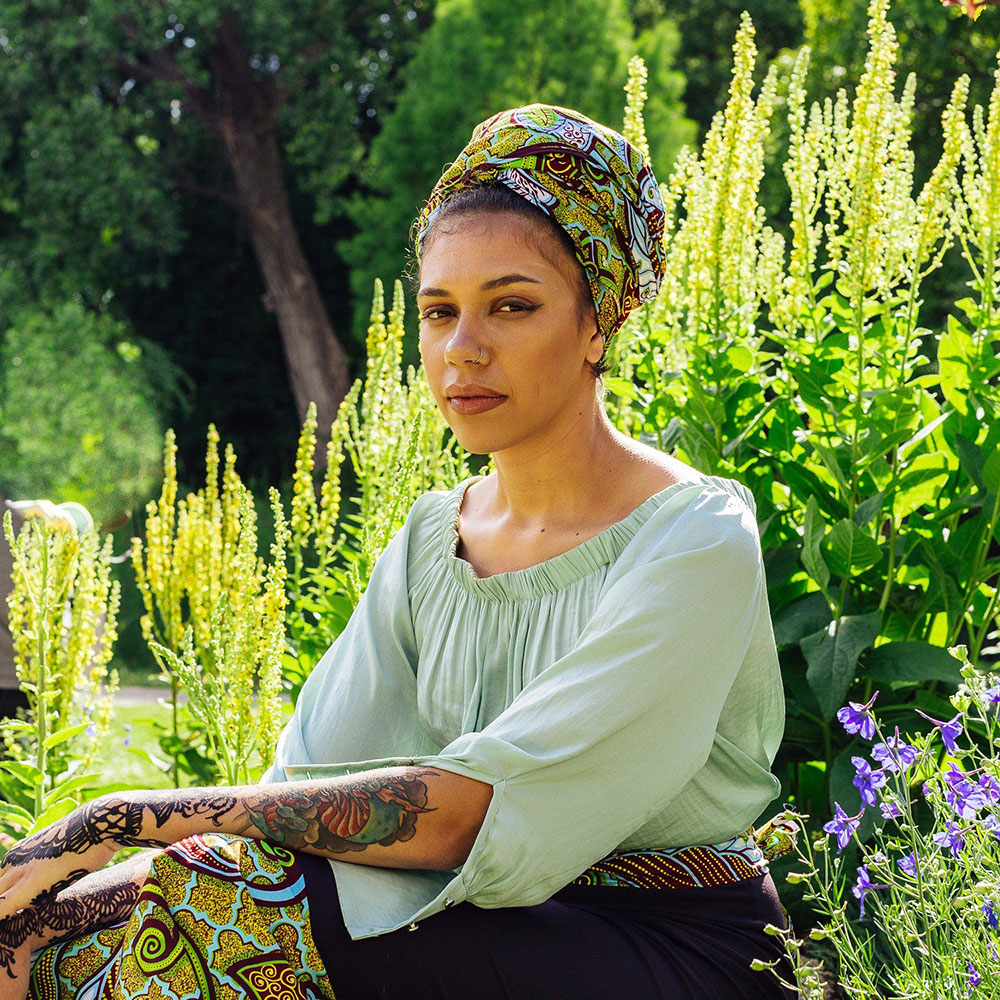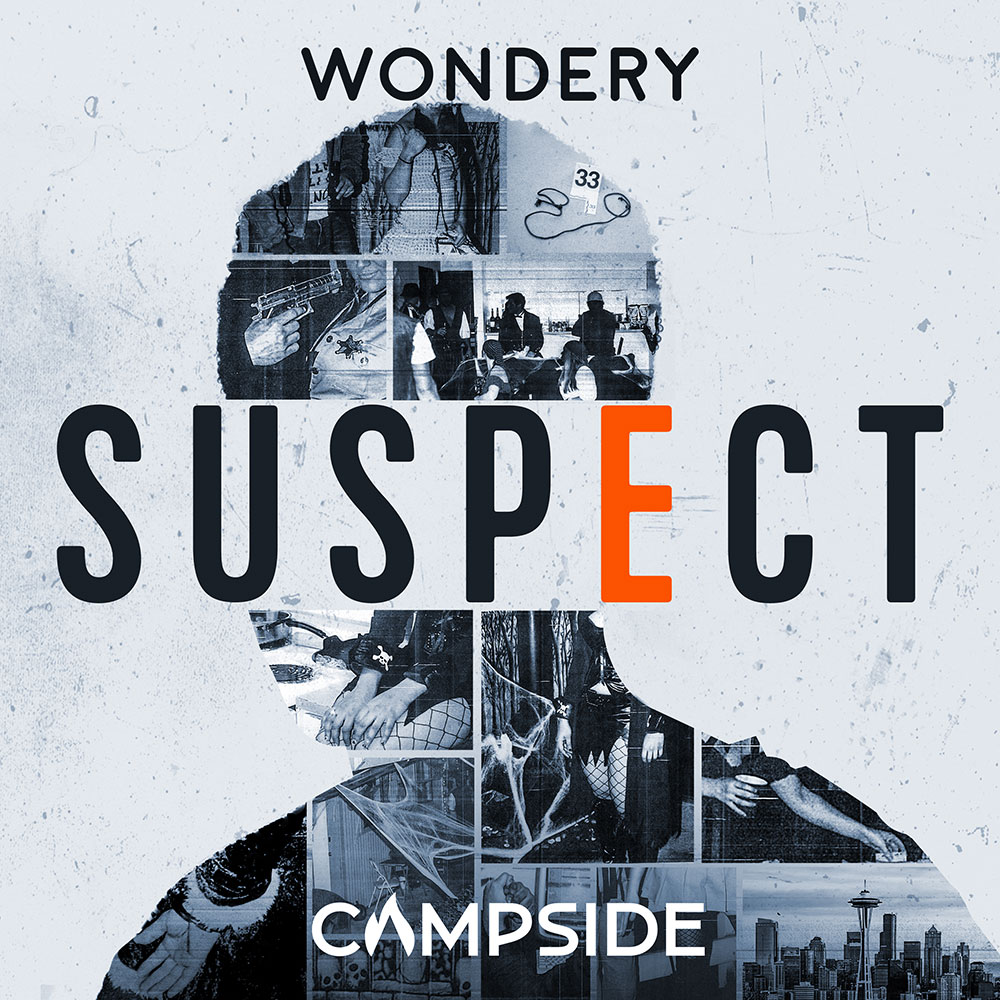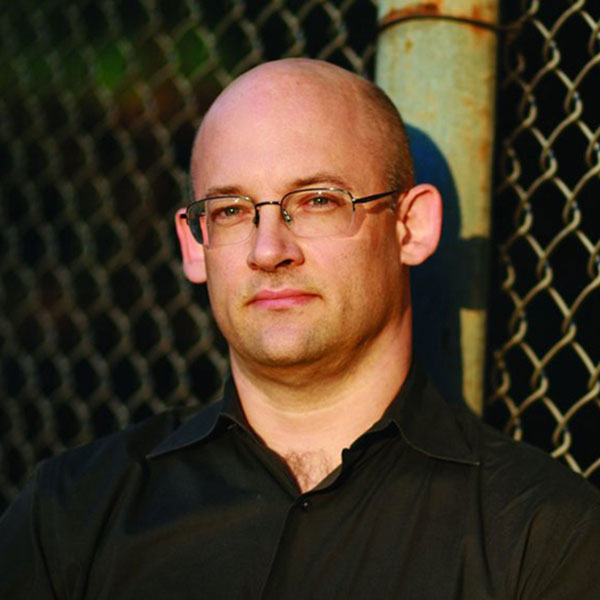The Winners
1. Best Non-Profit News Source
Judged by Julia B. Chan

Winner: SCOTUSblog
SCOTUSblog is a crucial tool in a political journalist’s toolbox, and never is their brand of service journalism more apparent than on opinion days. On these mornings, the site hosts a live blog on its homepage, a feature that can become a sort of digital townsquare. The organization’s recognition of the site’s utility, the work staffers put into its recent revamp, and their dedication to transparency deserve to be honored.
2. Best Debunking of Fake News
Judged by Jane Lytvynenko

Winner: Sanket Jain for The Verge
India’s healthcare workers are busting misinformation on WhatsApp
Sanket Jain’s report on the successes and difficulties of countering WhatsApp disinformation in India is a masterful, human portrait of what it means to be on the front line of the truth crisis. The story profiles healthcare workers as they invest gargantuan efforts into keeping their communities safe. Pushing beyond traditional disinformation reporting, Jain’s work highlights the true costs to individuals as they navigate an online environment full of false information and bad advice. Jain’s story holds global lessons for other communities touched by mis- or disinformation.

Honorable Mention: Mark Joseph Stern of Slate
The Biggest Lie About Florida’s “Don’t Say Gay” Bill Erases One Crucial Word
Mark Joseph Stern’s deconstruction of Florida’s so-called “Don’t Say Gay” bill — contrasted with the false claims politicians and influencers made about it — is an urgent look at a slice of the growing national crisis targeting LGBTQ+ Americans. Stern highlights the design of the bill, and dives deep into the legalese, while showing how the legislation was falsely marketed as a law that could help protect children from predators.
3. Best Use of Public Records
Judged by Jason Leopold

Winner: Cerise Castle for Knock LA
A Tradition of Violence: The History of Deputy Gangs in the Los Angeles County Sheriff’s Department
Cerise Castle’s groundbreaking 15-part series on deputy gangs in the Los Angeles Sheriff’s Department started with a single document she obtained through a public records request, and evolved into a massive investigation involving thousands of pages of public records. Her explosive findings have had an enormous impact and helped spark official inquiries, investigations, and calls from the public for accountability. Castle’s painstaking reporting and aggressive public records work is an example of just how powerful documents can be.

Honorable Mention: Conner Mitchell for The Lawrence Times
Who Killed Nick Rice?
Conner Mitchell’s masterful use of public records gave a voice to the voiceless and laid bare a police department coverup during one of the darkest chapters in American history. This multi-part investigation about the 1970 shooting death of Nick Rice at the University of Kansas brilliantly demonstrates how documents can help journalists speak truth to power and hold the powerful to account.
4. Best Data Visualization
Judged by Chao Li

Winner: The City
Meet Your Mayor
Since the shuttering of DNA Info in 2017, New York City has been starved for local coverage. This becomes most apparent around coverage of local elections. The City’s interactive quiz provided information about how candidates side on important issues, delivering important facts without overwhelming the reader. Although much work has been done for national elections, this quiz is something we desperately need more of in order to help people get engaged in local politics.

Honorable Mention: Gabrielle Ione Hickmon for The Pudding
How You Play Spades is How You Play Life
Hickmon describes this beautiful piece as an “ethnographic research project” that attempts to “establish a definitive record of a card game that has been central to African-American gatherings and how we connect with each other for decades.” Done in a positive, family oriented way, the data, interviews, and imagery all show that the creator really understands the origins of the game of Spades and its impact.

Honorable Mention: Insider
The Firm
How much does it cost to run the British monarchy? That was the question Insider set out to answer with their exploration of what some call “The Firm.” The use of a square proportional chart combined with a sortable table was an interesting, effective choice for delving into the details of hundreds of people and positions .
5. Best Tiktok Explainer
Judged by Lisa Remillard

Winner: Politifact
In a world where misinformation is rampant, Facebook memes quickly become the narrative and social media easily amplifies disinformation, it’s hard for the general public to sort out what is real and what is not. The young, diverse, and strong team at Politifact does an excellent job of reporting the facts about viral trending news, backed up by visuals and actual evidence. From whether the Simpsons really predicted the trucker convoy, to whether President Biden was correct about exclusive immunity for gun manufacturers, their stories are easily understandable with no frills. Through journalism, Politifact is making the world a better place by helping people figure out if something online is real or fake.

Honorable Mention: Planet Money
The creativity of Planet Money is off the charts. This team is so good at explaining current events and complicated issues through interesting, offbeat, and sometimes very funny skits. It’s obvious these pieces take hours (or maybe days) to create, write, shoot and edit.
6. Best Solo Newsletter
Judged by Lyz Lenz

Winner: Nazar by Vanessa Taylor
Smart and insightful, Vanessa Taylor’s Nazar is a necessary newsletter. Focusing on the intersection of Black Muslim womanhood and technology, Nazar offers a new perspective on our global culture that isn’t often found in mainstream outlets. Taylor is a rigorous journalist combining original writing, interviews, links, and analysis to help her readers go deep on counter extremism, data criminalization, and so much more.

Honorable Mention: Cannabitch by Jackie Bryant
Cannabitch is a wildly entertaining newsletter that is deeply revealing about American biases and vices. Bryant is a good journalist and offers analysis and perspective and context to the world of cannabis. She’s also a talented writer with an ear for a compelling anecdote. The newsletter illuminates the world of weed and in the process, the world around us.
7. Best Non-Traditional News Source
Judged by Clay Shirky

Winner: Lawrence KS Times
The Lawrence Times, covering Lawrence, Kansas, is important not because it does some fancy new thing, but because it does a vital old thing well: local reporting. Recent stories include a fire at Schull Church and a new mental health coordinator for the school system, the unglamorous, but essential work of local reporting, the kind of thing you don’t get without a committed group of reporters.
The paper (if we can retain that anachronism) was founded last year by Mackenzie Clark, previously at the Lawrence Journal-World. Clark set out to start a one-person operation, but the outpouring of support allowed her to build a subscriber-funded, open access publication. Fifteen years into the search for models that would support local journalism, the one essential, unautomatable ingredient is mutual commitment between reporters and community. The Lawrence Times has that and it shows. We should all hope it lasts and thrives.

Honorable Mention: The Appeal
Among the dozens of interesting nominations for Best Non-Traditional News Organization, The Appeal deserves a mention. It is an activist publication, organized around an issue rather than a region, and unpacks the typical “crime” beat into stories around policing, prosecution, pretrial (a critical part of the system almost invisible in the traditional press), and so on. At a time when policing, bail, criminalization, prison conditions and other aspects of the criminal legal system are being rethought, The Appeal publishes a range of stories it is hard to find in the traditional press.
8. Best News-Based Podcast
Judged by Ellen Horne and Anayansi Diaz-Cortes

Winner: Suspect
Campside Media
Using the familiar form of the “murder podcast” Suspect achieves meaningful insight into the mechanisms of racial bias in the criminal justice system, while being a juicy scene-rich, plot-driven story. While it makes use of many of the tropes of murder podcasts, it doesn’t pander or vamp when it comes to the host, he simply presents the story. SUSPECT dissects police investigation, jury decision-making, and DNA analysis. This podcast is as much a triumph of reporting as it is of writing or production, meeting all the requirements for a good podcast. While the crime at the center of this story is gruesome, there is a restraint, purposefulness, and basic humanity to this podcast worthy of celebration.
9. Best Media Criticism
Judged by Brian Stelter

Winner: Parker Molloy
Parker Molloy consistently scrutinizes mainstream media practices and challenges the public to hold news organizations accountable through her social media feeds and Substack publication. She provides unique perspectives about corporate ownership, right-wing media misconduct, and news literacy. Her newsletter, The Present Age, should be an essential part of an informed citizen’s media diet.
10. Best News-Based Twitter Thread
Judged by Hayes Brown

Winner: Insider
Missing and Murdered Indigenous People
Among the many outstanding entries this year, the thread from Amina Kilpatrick at Insider News unpacking a story from reporter Kelsey Vlamis on the hundreds of missing and murdered indigenous people in Wyoming stood out. Kudos to Kilpatrick, who produced this thread, which utilized each tweet for maximum impact, drawing out statistics, using eye-catching graphics, and ensuring key details of the piece spread as far as possible. This deconstruction of the narrative into a facts-heavy, but still compelling, format to the benefit of readers is one of the most effective uses of Twitter threads out there. And while Twitter itself may not always lead to the most eyes on the story that lives on an outlet’s website, this thread showcases the way that social media teams can extend the reach of crucial reporting beyond what might normally be the case.
11. Feature Most Likely to Inspire Future Journalists
Judged by Dr. Chenjerai Kumanyika

Winner: Kat Tenbarge for Business Insider
A woman featured on YouTube star David Dobrik’s channel says she was raped by a Vlog Squad member in 2018 the night they filmed a video about group sex
Kat Tenbarge’s compelling investigation into sexual assault allegations against the so-called Vlog Squad follows a group of young women as they spend a night with mostly male social media influencers. Through multiple nuanced accounts of the night’s events, readers learn how the evening resulted in a disturbing mix of viral content and accusations of rape. In addition to puncturing the mirage of transparency that social media sells, the piece offers an inspirational and widely shared example of how younger journalists can interrogate cutting-edge popular culture, by including the experiences of those impacted.

Honorable Mention: Khalid Bencherif for In These Times
How Climate Change Turned This Moroccan Village Into a Ghost Town
As Khalid Bencherif investigates the causes of his father’s migration from the rural village of Tafilalet to the city of Marrakesh, we come to understand the political and economic problems that intersect with escalating climate change as well as its tragic implications. Bencherif’s reporting effortlessly weaves together narrative elegance, rigorous journalism, and personal stakes. It will inspire many young journalists by showing that the individual, journalistic, and literary can and should be fruitfully combined.











